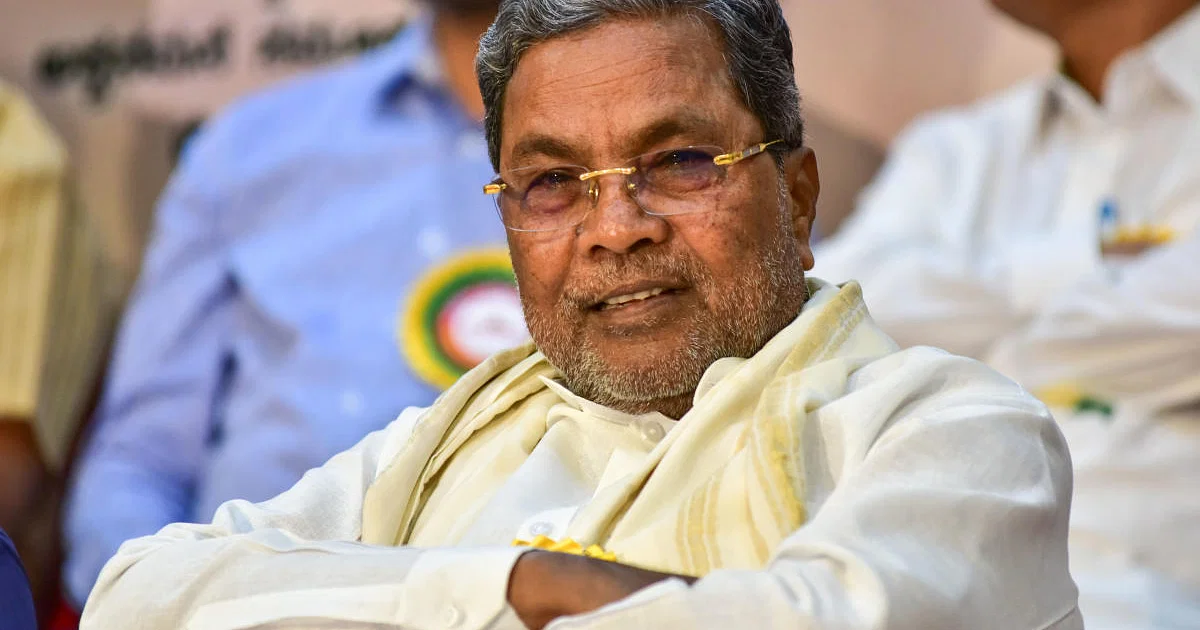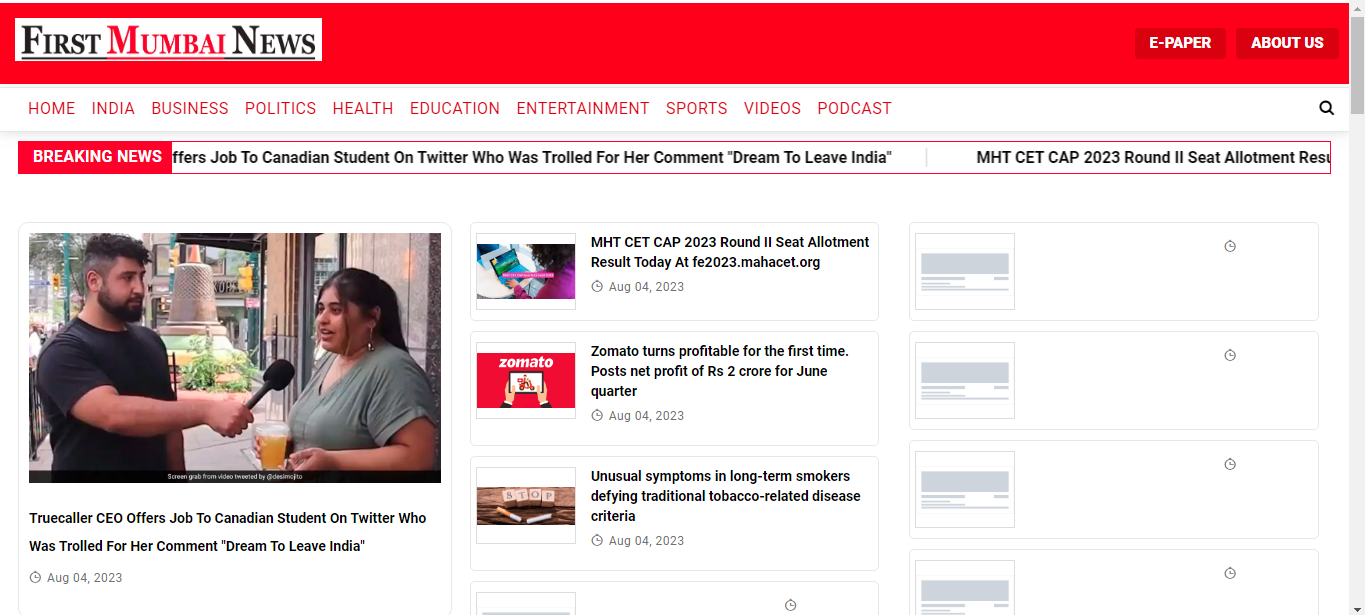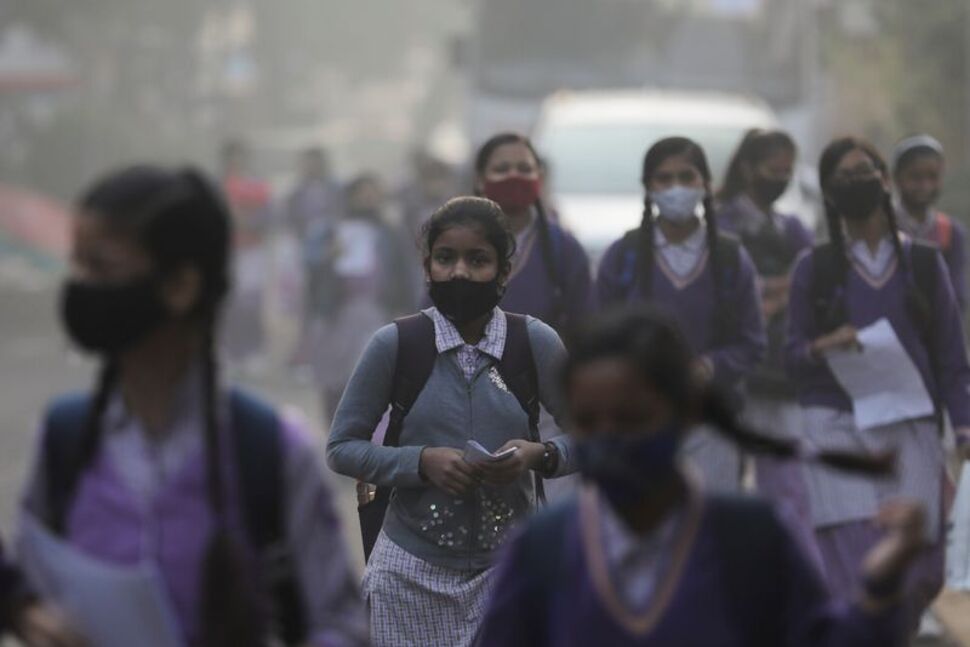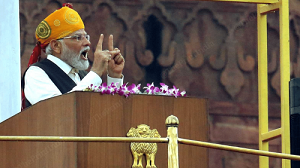
POLITICS
100 days of Siddaramaiah govt: Welfare push amid growth fears, caution on undoing BJP policies
- Admin
- Aug 29, 2023

100 days of Siddaramaiah govt: Welfare push amid growth fears, caution on undoing BJP policies
MLAs demand funds for public works in their constituencies ahead of 2024 LS polls, but officials say govt has little money for any new programmes & capital expenditure has been low.
The Siddaramaiah-led Congress government in Karnataka completed 100 days in office Monday. Siddaramaiah had taken oath on 20 May, after the Congress defeated the then-incumbent Bharatiya Janata Party (BJP) government in the state in assembly elections held that month.
But a hundred days on, while the Congress government in Karnataka is perceived to have made a start on delivering on the “five guarantees” it had made in its poll manifesto, it seems to be purportedly lagging behind on “undoing” the BJP policies it had targeted in the run-up to the elections, political.
In its very first cabinet decision made by the Siddaramaiah government on 20 May, it had given in-principle approval to the “five guarantees” which are believed to have helped it sweep the 10 May elections.
The Congress had guaranteed five social welfare schemes in its poll manifesto which it had said it would implement if voted to power. These included ‘Gruha Jyothi’ — to provide 200 units of electricity free to every household in the state; ‘Gruha Lakshmi’ — to grant Rs 2,000 to every woman head of every below poverty line (BPL), above poverty line (APL, but the woman or her husband should not be paying income tax or filing GST to be eligible for benefit under this scheme) and Antyodaya card-holding (a food security scheme of the Central government) family; ‘Anna Bhagya’ — to distribute 10 kg rice to every member of below poverty level families every month; ‘Yuva Nidhi’ — to sanction Rs 3,000 dole to unemployed graduates and Rs 1,500 to unemployed diploma holders for two years (in the 18-25 age-group); and ‘Shakti’ — to enable free travel for women across Karnataka in state buses.
These have remained the primary focus of the Siddaramaiah government, said political observers and analysts t spoke to.
“The entire focus has been with the guarantee programme and [the government] has not wavered in it. But one thing is that they should be a little more assertive on how they are going to mobilise resources for financing them,” A. Narayana, political analyst and faculty at the Azim Premji University, told ThePrint.
Siddaramaiah, in his budget speech, had estimated that implementing the schemes would cost the state Rs 52,000 crore annually, but commented that it would mean that “we will be providing on average additional financial assistance of Rs 4,000 to Rs 5,000 monthly to each eligible household, which is about Rs 48,000 to Rs 60,000 every year”.
But while government officials and a section of the Congress party voiced concerns over whether the implementation of the scheme would derail, or at the very least temporarily stall, the state’s growth rate, the issue of welfare schemes have also caused discord in the ruling party, according to political observers and analysts, with newly-elected MLAs demanding funds for public works in their constituencies in the run-up to the 2024 Lok Sabha elections.
Dissatisfaction among MLAs forced the CM to call for a legislature party meeting on 27 July to assuage rising tempers.
A letter, purportedly written by Congress legislator B.S. Patil and doing the rounds of social media in the third week of July, claimed that several MLAs were unhappy as no funds had been released for developmental works in their respective constituencies. Multiple Congress leaders who spoke to ThePrint said that the CM had assured to address the legislators’ grievances and even asked them to make their demands in public.
Meanwhile, the opposition BJP has begun its attack on the Siddaramaiah government, accusing it of stopping all development works in the state.
The 100-day-old government has also been under scrutiny for its other pre-poll promise of “undoing the wrongs” of the BJP government,While Karnataka Primary and Secondary Education Minister Madhu Bangarappa has said that school textbooks in the state would be revised, to undo alleged “saffronisation by the previous governments — and the state earlier this month decided to scrap the implementation of the Modi government’s National Education Policy 2020 in Karnataka — it is yet to bring up the other changes it had promised ahead of elections, said political observers.
Among the things it had spoken of was a “ban” on organisations “promoting enmity or hatred, whether among majority or minority communities”; restoration of the four percent reservation for Muslims under the other backward classes (OBC) category scrapped by the previous Basavraj Bommai government; release the results of a 2015 socio-economic caste census conducted by the then Siddaramaiah government and undoing the school textbook changes brought in by the BJP.
“That (scrapping policies of the BJP) would be done quietly later. They (Congress) don’t want to make that the centerpiece of their politics,” Narendar Pani, a Bengaluru-based political analyst and faculty at the National Institute of Advanced Studies (NIAS),
Added Narayana: “One cannot expect Siddaramaiah to be as independent and as assertive as he was in 2013. In 2013, he was the lone person. Now he got the seat after so much haggling. The very fact that he became CM was an act of compromise.”
The political analyst was referring to the national leadership of the Congress taking an entire week to decide that Siddaramaiah would be CM, after Shivakumar too staked claim for the top post.









